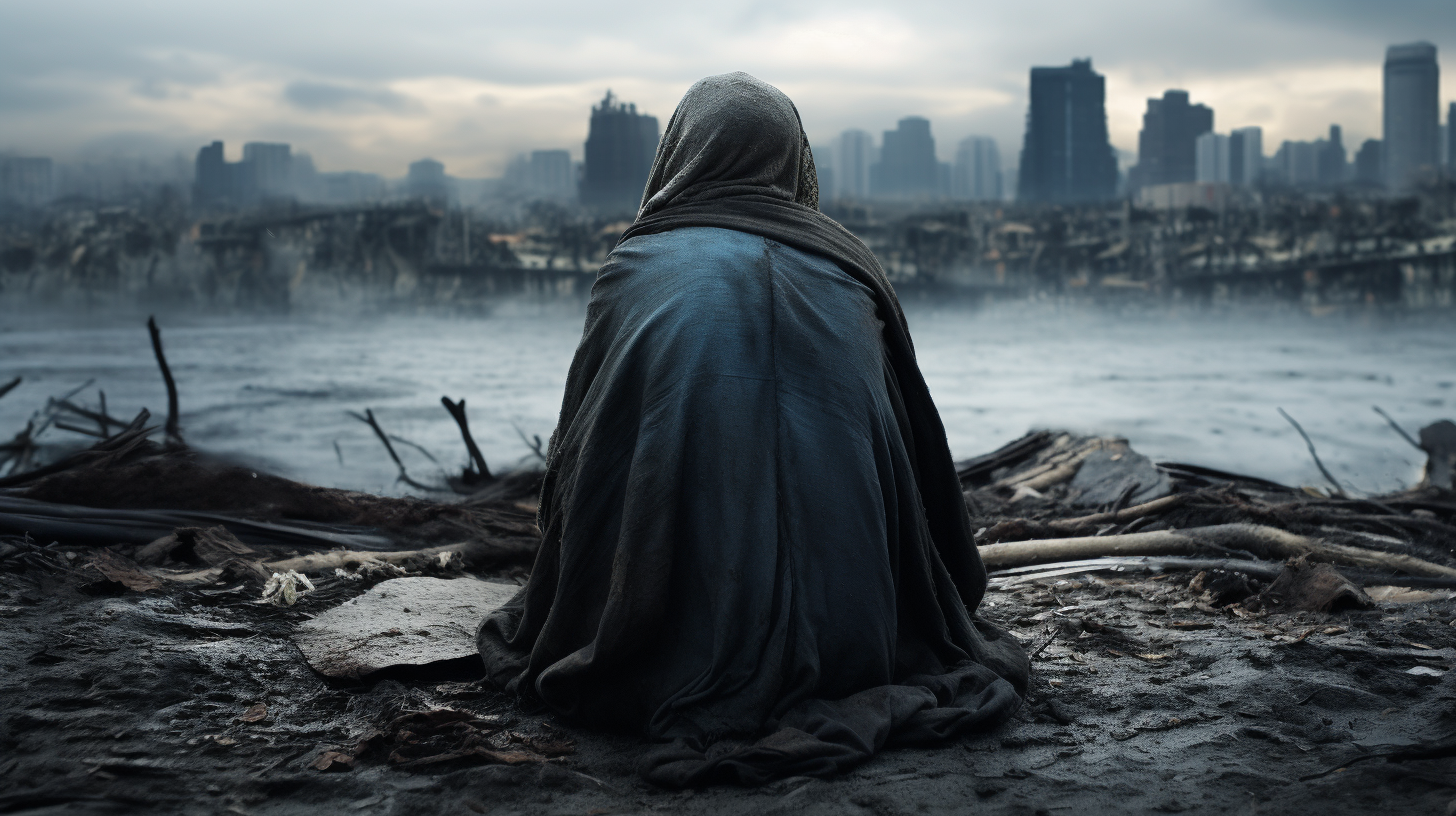In an age where the cacophony of life once composed a symphony of biodiversity, the world now sits in an unsettling hush, a concerto of silence heartbreakingly conducted by humanity’s own hand. Where songbirds once intricately weaved their melodies through the dawn, their absence is an ominous note that dominates the score of The Sound of Desolation.
In what experts call ‘The Quietening,’ a term as chilling as the phenomenon it describes, we observe the muted aftermath of relentless environmental exploitation and climate calamities. The Earth’s new anthem plays a solo of solitude, echoing the downfall of ecosystems that have collapsed under the weight of human indifference.
The forests that once vibrated with the buzz of life are silent; the ancient chorus of frogs in wetlands has stilled; the ocean depths, bereft of the chatter of marine denizens, are now graveyards of ghostly silence. It is not that nature has nothing left to say, but rather, it whispers in the traumatic aftermath of catastrophe, holding its breath in a world suffocated by pollution and waste.
The desolate soundscapes that now pervade our planet are a cry for attention – a macabre performance staged to pull at the heartstrings of humanity. It’s a performance intended not for enjoyment but for reflection, an invitation to understand the irreversible loss we face. A pervasive hush is the dirge for the deceased: the coral reefs bleached to bone-white tombs, the barren planes where wild grasses no longer dance to the wind’s tune, and the skies that no longer narrate the stories of countless migratory birds.
As we delve deeper into the silence, we uncover tales of once-vibrant communities ravaged by the relentless march of climate change. The stir of life in the Amazon, the lungs of our planet, gasps for air amid deforestation and incessant fires. Each tree felled there, each species gone, is a note stripped from Earth’s grand opus. And as we stand on the precipice, gazing into dystopic landscapes, we must confront the inescapable truth of our own creation: a symphony of life is replaced by the requiem of existence.
Amid this haunting quiet, however, there is the whisper of resistance. It takes the form of conservation efforts that, despite the overwhelming tide of silence, endeavor to bring back the lost chords of nature. Small pockets of humanity, acutely aware of the fading music, are engaged in a desperate struggle to revivify what vestiges of sound remain.
The irony is not lost on us: in this green dystopia, where hope is as barren as the landscapes we have wrought, initiatives to rewild and restore may appear as futile as screaming into the void. Yet, these are the harmonies of the resistance, the unsung heroes who refuse to let silence be Earth’s final anthem. They are the conductors of a new composition, perhaps not to save what is lost, but to ignite a spark of remembrance for what the world once was – a prelude to a time when the Earth sang in a multitude of voices.
But as the silence grows, engulfing city and savannah, ice cap and island, we are forced to question: Can we reverse the quietening or have we reached a point of no return?
In our fatalistic tale, where the end has seemingly arrived, the importance of action is paradoxically paramount. For even in a narrative without hope, the human spirit compels us to document, to remember, and to fiercely hold on to the echoes of what once was. Perhaps, one day, they will serve as a cautionary melody for future generations to orchestrate a different, more harmonious anthem with their world.
